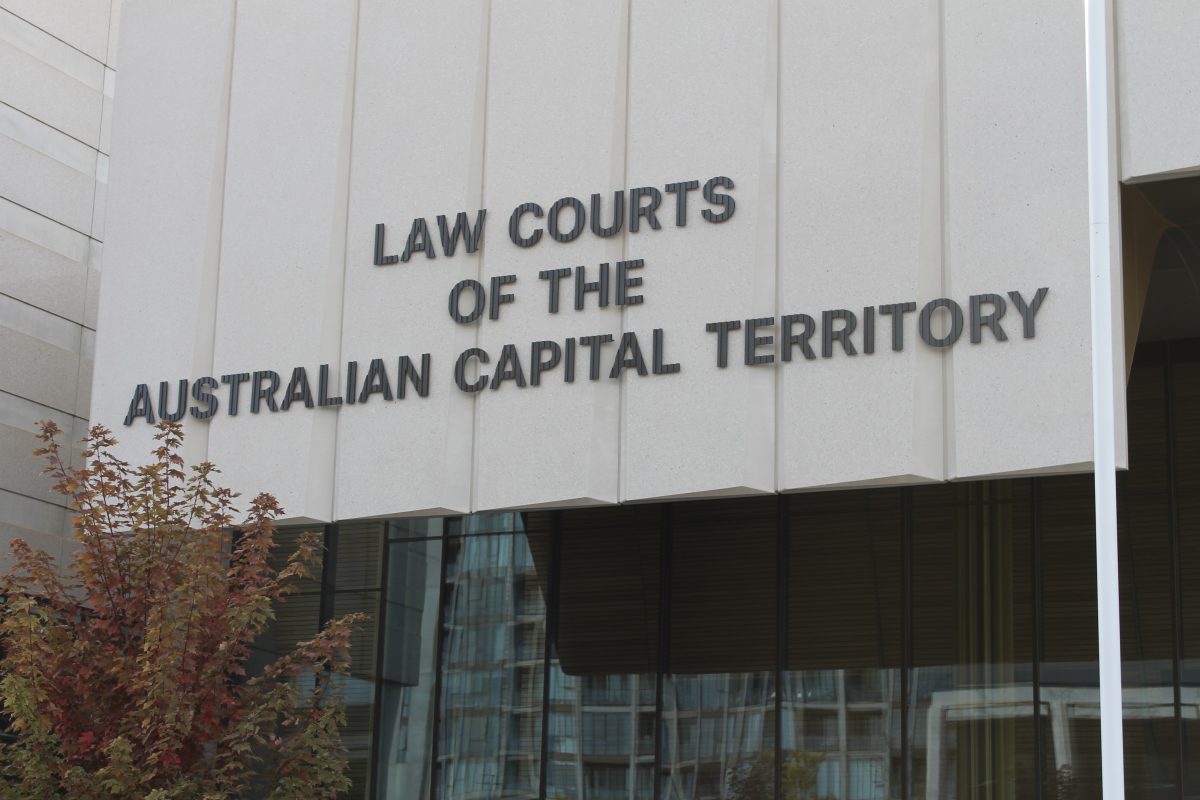
A serial rapist has had his non-parole period doubled on appeal. Photo: Albert McKnight.
GRAPHIC CONTENT: Some readers may find this report disturbing.
A man who repeatedly raped his underage cousin, impregnating her after one assault, has had the minimum time he has to spend in jail doubled after his original sentence was successfully appealed.
When he was aged in his 30s last June, ACT Supreme Court Justice Chrissa Loukas-Karlsson sentenced him to four years and six months’ jail with an 18-month non-parole period, which meant he could have been out of jail in December 2022.
But the ACT Court of Appeal has now set aside the original non-parole period and reset it as three years, which means he cannot be released until at least June 2024.
The man initiated sexual conduct with the girl in the early 2000s when she was nine and he was 15.
She did not see much of him for several years but when she was 14 and he was 20, he apologised and said he regretted what he used to do to her.
Despite his apology, some weeks later, he went into a bedroom, held her down so she couldn’t move and raped her.
Months later, he took her for a drive to a mountain near Woden, told her to get out of the car and raped her again.
This time, the girl became pregnant.
She had an abortion at 13 weeks, making up a story that a stranger had raped her and she didn’t want police to investigate.
Years later, she went to the police and asked them to investigate. In late 2018, police confirmed the man had fathered the aborted child.
In the judgement by ACT Court of Appeal Justices Michael Elkaim, David Mossop and Robert Bromwich, they said the man’s crimes were “serial offending of a planned and predatory nature”.
They said when it came to sentencing, Justice Loukas-Karlsson seemed to rely heavily on the man’s prospects of rehabilitation due to the fact he hadn’t reoffended between the last rape and when he was charged in 2018, as well as on the hardship faced by others in his life due to his incarceration.
“The weight that it seems her honour gave to those considerations goes some way in explaining the short duration of the non-parole period imposed,” they said.
“The sentencing judge’s reasons do not articulate why the asserted hardship relied upon should affect the sentence, and especially the non-parole period, to the extent that it did.”
The Crown argued that due to the gravity of the offending, the non-parole period being just 18 months was “plainly unreasonable and unjust”.
It also argued that such a short non-parole period did not reflect the importance of general deterrence and denunciation for such serious offending involving a position of trust.
The appeal justices said Justice Loukas-Karlsson gave little explanation for how she arrived at either the overall head sentence or the non-parole period.
They upheld the Crown’s appeal and reset the non-parole period.
The man had pleaded guilty to three counts of sexual intercourse with a person aged under 16, as well as a count of committing an act of indecency on a person aged under 16.
If this story has raised any concerns for you, 1800RESPECT, the national 24-hour sexual assault, family and domestic violence counselling line, can be contacted on 1800 737 732.





















Very pragmatic of Dutton megsy as this is a Labor town as you know and I bet you always vote Labor,… View